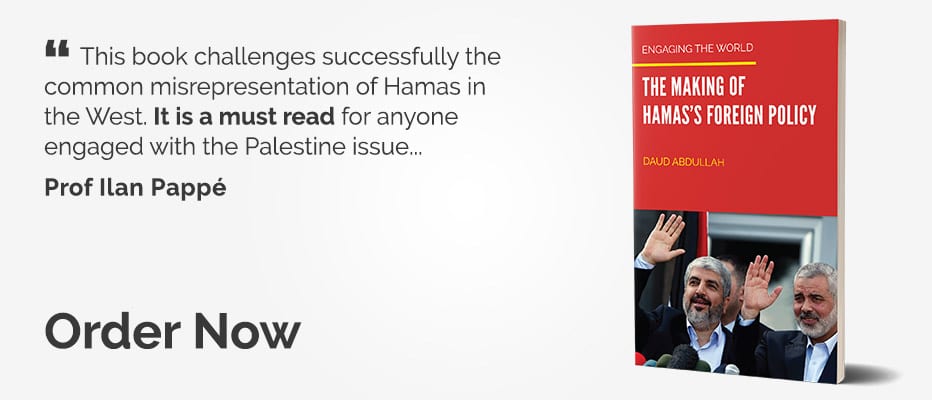Last week was, by all standards, a historical turning point for the relationship between Turkiye and its NATO allies. Three important developments were witnessed at the Vilnius summit. First, there was the long-awaited breakthrough in negotiations, which allowed Turkish President, Recep Tayyip Erdogan, to finally approve Sweden's membership. Secondly, the US had finally agreed to the sale of its F-16 fighter jets to Turkiye and, finally, Turkiye's offer to play a greater mediating role in the Ukraine-Russia was welcomed.
Sweden's bid
After more than a year of negotiations, Turkish President, Recep Tayyip Erdogan, agreed to endorse Sweden's entry into NATO. Ankara had blocked Stockholm's membership bid over accusations that the Swedish government supported PKK terrorist groups and allowed Islamophobic campaigners to desecrate Islamic symbols and scriptures in the name of free speech. Hungary had also refused to approve Sweden's application, saying it would only accept Stockholm's bid once Turkiye did.
READ: NATO allies welcome agreement between Turkiye, Sweden: Vilnius summit communiqué
"Completing Sweden's accession to NATO is a historic step that benefits the security of all NATO allies at this critical time," Stoltenberg said at a press conference in Vilnius late on Monday.
Although Swedish police have authorised another Quran-burning in Stockholm last month and risking new tensions with Turkiye, Turkiye seized the opportunity remind Sweden and NATO of the disgusting nature of the practice. By endorsing Sweden's membership to NATO, President Erdogan had, in fact, seized the moral high ground away from Turkiye's detractors and Europe's Islamophobes.
F-16 Trade
On another level, Turkiye's approval of Sweden's membership is also that Turkiye wants to complete the transfer of US F-16 fighter jets US to Turkiye, the likely trade-off for Ankara's green light.
On its part, the Biden administration has backed Turkiye's desire to buy 40 new F-16s from the US. However, it is a move some in Congress, most notably Senate Foreign Relations Committee Chairman, Bob Menendez, D-N.J, have opposed over Turkiye blocking NATO membership for Sweden, its human rights record, its relations with Greece and other concerns.
From day one, Ankara was always aware that the negotiations with Washington were going to be long and tedious. It was, however, prepared to stay the course for however long it took, while highlighting the areas of mutual interest with the US. At the same time, Turkiye also sought a general normalisation and improvement in its relations with the EU countries and the US, in particular, through the Swedish accession process. In the long term, it remains to be seen how Sweden's successful bid will help Turkiye to work with the US on enhancing defence and deterrence in the Euro-Atlantic area.
READ: US to lift ban on sale of F-16 jets to Turkiye as Swedens NATO bid accepted
Last year, Turkiye brokered the Grain Deal Agreement to allow the safe passage of Ukrainian grain exports through the Black Sea after shipments grounded to a halt in the wake of Russia's all-out invasion of Ukraine and blockade of its seaports. This year, just before the NATO Summit, Turkiye released five key Ukrainian commanders who were captured by Russia and held in Turkiye.
War meditation
Last year, trade between Russia and Turkiye amounted to an estimated $70 billion, with Turkiye being one of Russia's biggest trading partners. No doubt this development has put Ankara in an awkward position: being a key NATO member but having deep economic and military ties with Moscow.
With the beginning of the Ukraine war, Turkiye started to play a mediating role to show how influential it is as a NATO member. Erdogan's peace-making efforts saw Ankara host two Russo-Ukrainian meetings in March. He first welcomed foreign ministers on 10 March and then delegations from both countries on 29 March, before images of the massacre in Bucha made it even more difficult to find a compromise.
Erdogan's attempt to cast himself as a major diplomatic player and peacemaker in the conflict between Russia and Ukraine, can partly be explained by the deep economic ties linking Ankara to Moscow and by Turkiye's NATO membership. Recent events have, however, led Russia to suspend indefinitely the Black Sea grain deal. In effect, Ukraine cannot produce enough food exports to feed 400 million people all around the world. In this context, many challenges await Turkiye if it is to play a greater mediating role, both as a NATO member and strong Russia ally. If nothing else, Ankara must have within its reach all options if it is to succeed in this important role.
The views expressed in this article belong to the author and do not necessarily reflect the editorial policy of Middle East Monitor.

![Turkish President Recep Tayyip Erdogan speaks during a press conference before his flight to Jeddah at the Ataturk Airport in Istanbul, Turkiye on July 17, 2023 [TUR Presidency/Murat Cetinmuhurdar - Anadolu Agency]](https://i0.wp.com/www.middleeastmonitor.com/wp-content/uploads/2023/07/AA-20230717-31699032-31699031-TURKISH_PRESIDENT_RECEP_TAYYIP_ERDOGAN.jpg?resize=1200%2C800&quality=85&strip=all&zoom=1&ssl=1)


